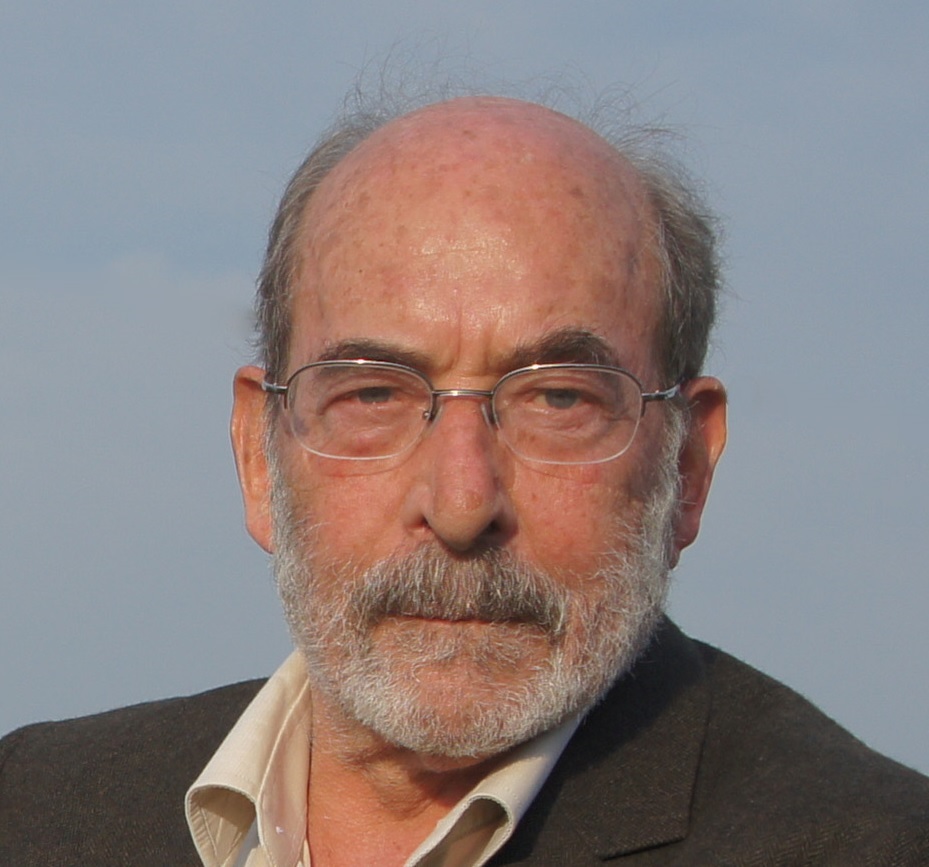
A few days ago, an aggressive cancer took the life, at 82 years of age, of one of the most important Italian historical demographers, Carlo Corsini. He was respected internationally for his work, not only as an academic, but also for his promotion of demography and historical demography during all these years.
Carlo Alberto Corsini, was born on March 11th, 1935 in Florence, Italy. He completed his university studies in 1961, graduating in Economics from the Faculty of Economics of the University of Florence. Between 1961 and 1963 he became a Professor of Accounting at the Duca d'Aosta Technical Institute in Florence and collaborated at the same time as volunteer assistant of Economic History with Federigo Melis at the University of Florence. In 1963 he joined as an assistant in charge of Statistics at the Faculty of Economics, where he worked with the historical demographer Pierfrancesco Bandettini, an expert in the demography of Tuscany during the 19th century. After the sudden death of Bandettini in 1964, Carlo Corsini was appointed assistant professor of Demography in 1964 and Lecturer in 1971. In 1976 he was appointed Professor of Demography at the Faculty of Economics of the University of Perugia and finally, at the end of 1976, he went back to the Faculty of Economics of the University of Florence as professor of Demography, where Massimo Livi Bacci was already teaching since 1966. The Department of Statistics, in which they both taught, will become one of the benchmarks of European demography and historical demography for many years, based not only on the quality of its academic production, but also on Carlo and Massimo’s sustained friendship. Carlo taught Statistical courses at the School of Social Services; Judicial Statistics, Social Demography at the Faculty of Economics and Historical Demography at the Faculty of Letters and the Faculty of Economics. During his sabbatical year 1998-99 he was lecturer at the University of the Sorbonne in Paris.
During his career, Carlo had vast intellectual interests. In his abundant production, he constantly sought to unveil the complex relationships between popular culture and demographic behaviour, believing that where there is the "smell of human flesh" there are territories to explore within historical demography. As a curious and enlightened man, he worked on a variety of research topics: the social structure and the history of the family, especially the Tuscan family from the fourteenth to the twentieth century; as a related theme, the story of abandoned children and breastfeeding, to which he dedicated much of his career, working with the magnificent archive of the Ospedale degli Innocenti in Florence; mortality (especially child mortality), with the coordination of several seminars, together with Pier Paolo Viazzo and sponsored by UNICEF, publishing widely on the subject; temporary migrations; the distribution and evolution of surnames over time; the evolution of stature, through the study of military records, coordinating the project MIUR-PRIN Statura, salute and migrazioni: le leve militari italiane; and the elaboration of large databases like the transcription of the Tuscan Census of 1841. He had just recently finished working on a volume to be published very soon entitled Una prima indagine di demografia storica del Trentino attraverso i cognomi as well as on an article written with Alessio Fornasin, I matrimoni e del matrimoniale nel Granducato di Toscana (1840-42), which will appear in the next issue of the journal Popolazione e Storia.
Carlo was also President of the Group of Demography at the Società Italiana di Statistica; President of the degree of specialization in "Population and Society" at the University of Florence; member of the IUSSP Historical Demography Panel between 1980 and 1985; President of the Società Italian di Demografia Storica, between 1990 and 1997 and Editor of the journal "Popolazione e Storia" (formerly "Bollettino di Demografia Storica"), Società Italiana di Demografia Storica. He was a longtime IUSSP member, attending seminars and International Population Conferences since London 1969.
Carlo leaves a wife, Ida, two daughters, Veronica and Chiara, and three grandchildren. And we are left without a scholar who, with his charisma, his brilliant sense of humour, his generosity, his sharp and quick intelligence and his theatrical sense of speaking and acting in conferences and seminars kept everyone's attention. We will miss him.
Diego Ramiro Fariñas
Chair of the IUSSP Panel on Historical Demography
Secretary General of the European Society of Historical Demography
Head of the Department of the Population Studies at the Spanish National Research Council
Former President of the Iberian Association of Historical Demography (ADEH)
A version of this obituary is available in Spanish with a Full bibliography from the author at https://apuntesdedemografia.com/2017/09/14/recordando-a-carlo-corsini/
